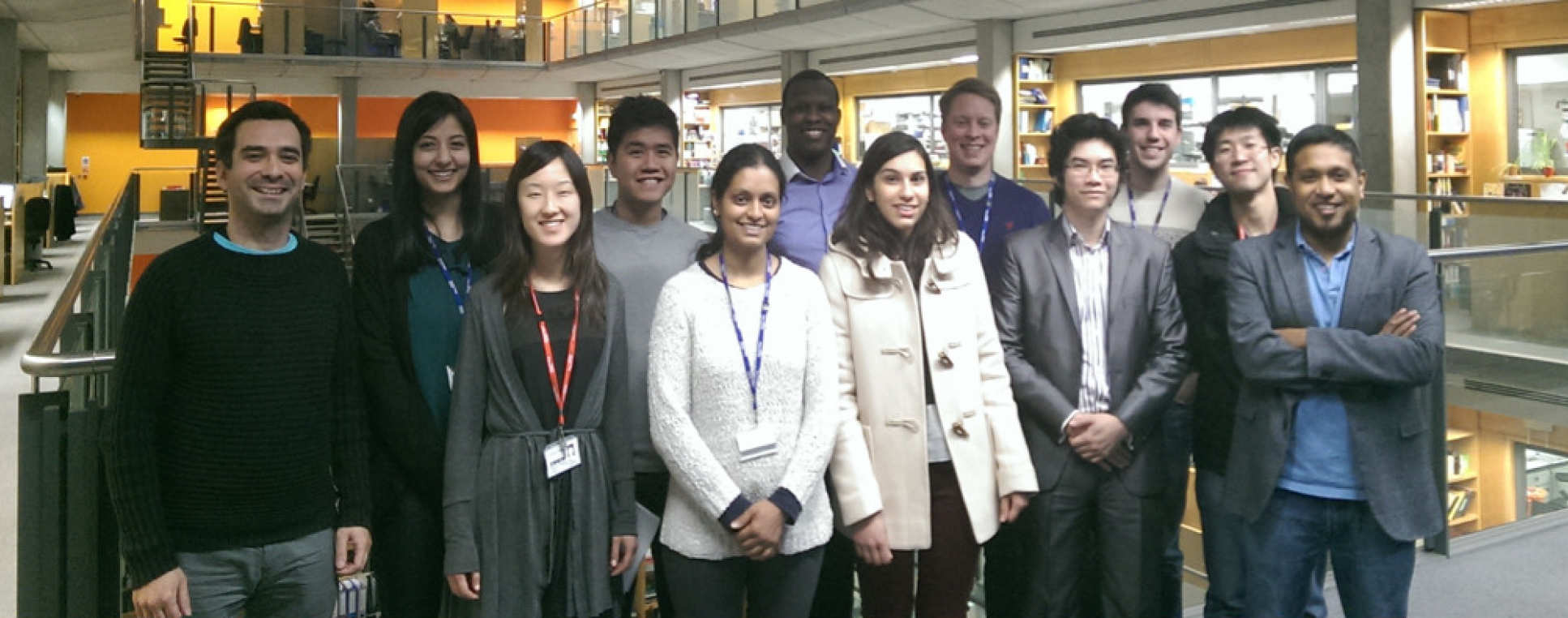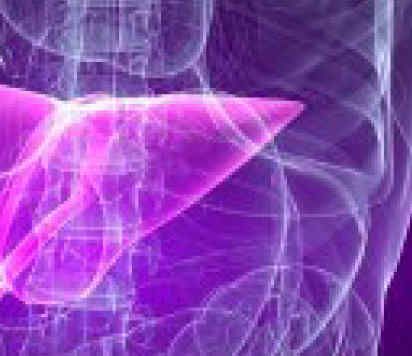
Contact
Group lead
Dr Hector Keun
h.keun@imperial.ac.uk
Twitter: @keun_lab
Related themes
What we do
Our research primarily aims to understand and exploit metabolic drivers of cancer in order to generate new treatments and identify those most at risk of disease. This includes studying novel genes that regulate metabolism and linking molecules in blood associated with obesity and diabetes to cancer outcomes. Most recently we have been learning how cancer cells can become resistant to drugs by recycling metabolites from the tumour environment.
Why it is important
While we have long understood that metabolism in cancer cells is different from normal cells, we still don’t understand how cancer genes are related to these effects. It is also not clear why aspects of metabolic disease or diet appear to increase risk of cancer or affect progression disease. By understanding the metabolic pathways that are necessary for tumour growth and survival we can devise new strategies to treat, diagnose and prevent cancer.
How it can benefit patients
Most patients initially respond to chemotherapy; however when disease returns it is often less responsive to chemotherapy and inevitably becomes drug-resistant and fatal. We aim to find new metabolic genes to target with drugs, or other ways to prevent or reverse resistance. At the other end of the patient journey, we urgently need better ways of detecting aggressive cancer early on when treatment is most likely to cure the patient.
Summary of current research
- Using bioinformatics to understand the role of miRNAs in prostate cancer
- Integrating proteomic, lipidomic and miRNAseq data to identify circulating diagnostic biomarkers of colorectal cancer in a longitudinal cohort
- Using metabolomics to identify pharmacodynamic biomarkers in human biofluids for the selective MCT1 inhibitor, AZD3965
- Metabolomic profiling to find biomarkers of endometrial cancer risk in a prospective case-control study nested in the EPIC cohort
- Targeting NAD metabolism in platinum-resistant ovarian cancer
- Targeting MCT1 to prevent metabolic escape from chemotherapy
- Targeting metabolism in neuroblastoma
- The role of NFkB in tumour metabolism
- Predicting anthracycline toxicity in breast cancer patient
- Development of novel assays for cellular metabolism
Connections
- Collaborations with Luxcell, BMG, AstraZeneca
- Toxicogenomics group, University of Maastricht
- ALS biology group (Lavinia Cantoni, Caterina Bendotti), University of Milan
- Ralf Herwig, MPIMG, Berlin
- Augustin Scalbert, International Agency for Research on Cancer (IARC), Nutrition and Metabolism Section, Biomarkers Group
- Florence Raynaud, The Institute of Cancer Research, Sutton,
- Julian Griffin, MRC Human Nutrition Research/Cambridge University
- Jerzy Adamski, Cornelia Prehn, Genome Analysis Center, Institute of Experimental Genetics, Helmholtz Zentrum München
For patient-related information please see:
Cancer research UK supported trials:
- Phase I FTIM study of AZD3665 a selective inhibitor of monocarboxylate transporter 1
- Prospective nested case-control study within the EPIC cohort to find metabolomic markers of endometrial cancer risk
When we have funding for PhD studentships, we advertise them through central channels such as Find a PhD. Information is also available on the Surgery and Cancer study page. If no studentships are currently advertised, please get in touch with the group lead with proposed project titles to discuss further.
Current PhD students:
- Arti Sikka - MRC-DTA PhD student, Targeting metabolism in neuroblastoma
- Emily Barnes - CRUK-Centre PhD student, MCT1 in tumour metabolism
- Sharmila Rana - PCUK PhD student, miRNA networks in prostate cancer
- Richmond Bergner - STRATIGRAD PhD student, KRAS and tumour cell metabolism
- Tianlai Yang - MRC-DTA PhD student, p53 regulation of miR-22, MTHFD2 in cancer cells
- Richard Perryman - MRC-DTA PhD student, Targeting NAD metabolism in glioma
Our researchers
Dr Adrian Benito
Dr Adrian Benito
Visiting Researcher
Professor Hector Keun
Professor Hector Keun
Professor of Biochemistry
Dr Chungho Lau
Dr Chungho Lau
Research Associate
Dr Alexandros P Siskos
Dr Alexandros P Siskos
Honorary Research Fellow
